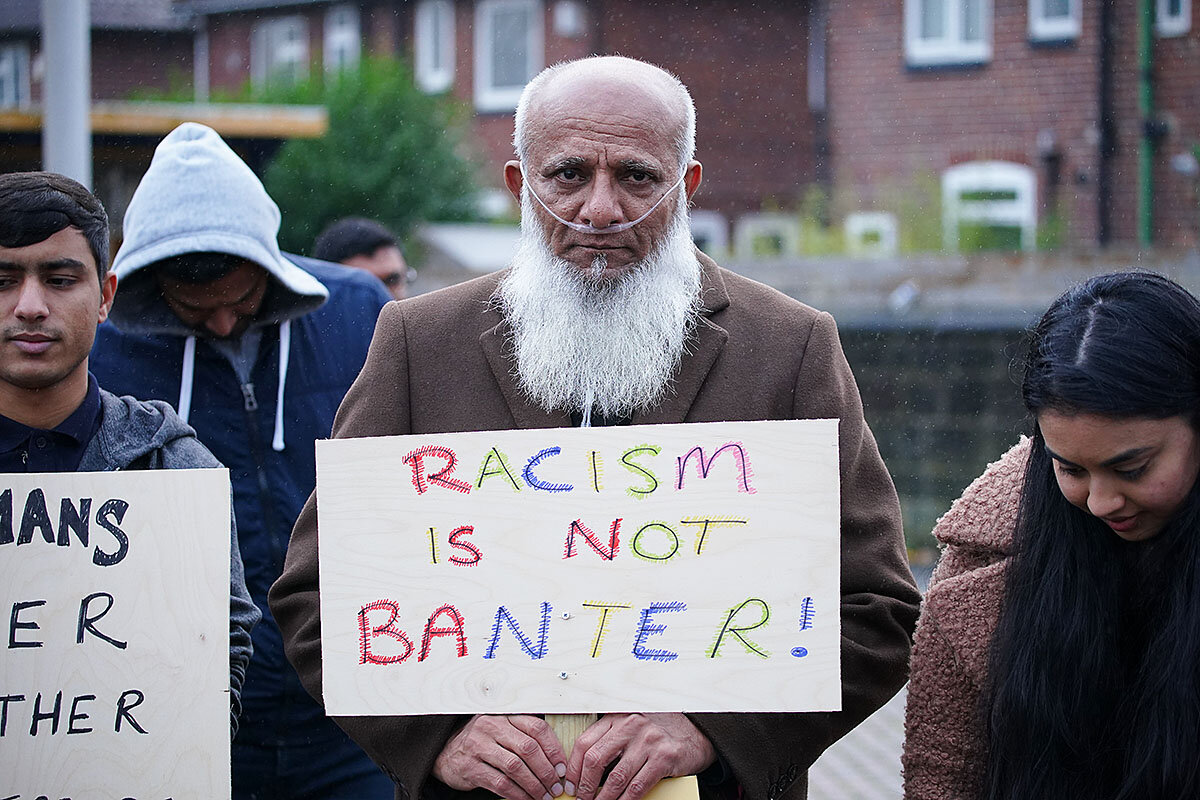Can looking back help America move forward, judicially? That’s the question facing originalism, a legal theory that holds more power than ever and could launch a shift in law as dramatic as the Warren and Burger courts.
Monitor Daily Podcast
- Follow us:
- Apple Podcasts
- Spotify
- RSS Feed
- Download
 Kim Campbell
Kim Campbell
By the time Claudette Colvin was 15 years old, she had a well-developed sense of justice.
When she was ordered in 1955 to give up her seat to a young white woman in what was considered a “colored” section on a Montgomery, Alabama, bus, she refused.
“It felt as though Harriet Tubman’s hands were pushing me down on one shoulder and Sojourner Truth’s hand was pushing me down on the other shoulder,” Ms. Colvin told CBS News recently.
Her defiance got her arrested, nine months before another protester, Rosa Parks, would have her own encounter with a seat on a bus – and history.
Ms. Colvin’s stand is echoed in the actions of today’s young people, who are also on the front lines of change. Minneapolis teen Darnella Frazier was awarded a special Pulitzer citation this year for her 2020 viral video of the murder of George Floyd. Both women had an impact on civil rights: Ms. Colvin would go on to be a plaintiff in the case that would end segregation on buses in Alabama.
The protests over Mr. Floyd’s death inspired Ms. Colvin anew, and she appealed her decades-old criminal record. The great-grandmother, now in her 80s, wanted once more to be an example to her family.
CBS surprised her this month by introducing her to the judge who cleared her name. When she met him in person and learned he was African American, she couldn’t contain her delight.
Justice had found her again.











